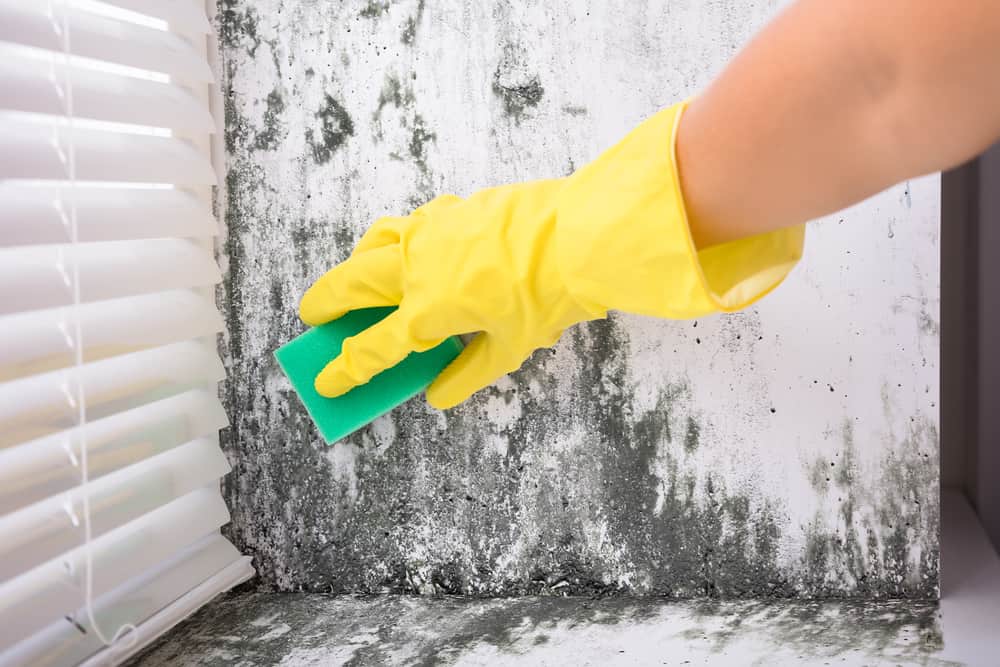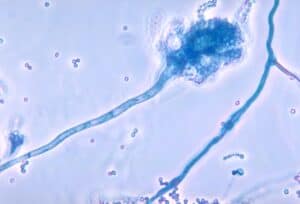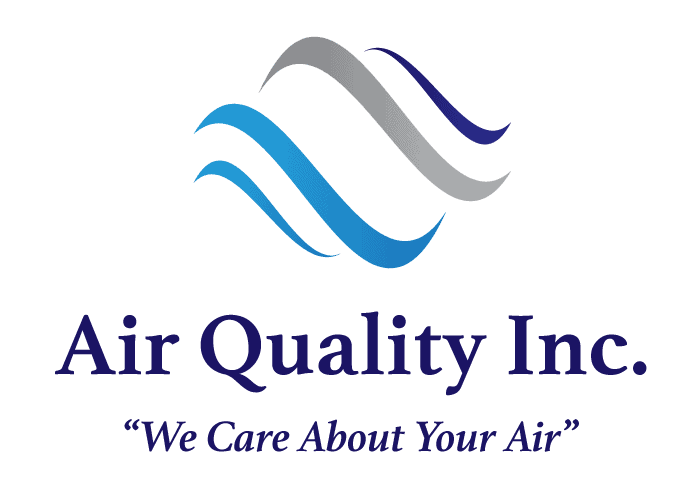Mixing up mold and mildew can be all too easy, especially if you aren’t familiar with these microorganisms. Mold and mildew are also prone to growing in warmer areas with lots of moisture.
It’s important to understand the differences between the two if you need to stop either from growing in your home. Before you start attacking the issue, here are a few tips on how to tell the two apart.
Differences in Appearance
One of the easiest ways to tell mold and mildew apart is by looking at their appearances. Mold tends to grow in black and green patches, while mildew is normally white, gray, or yellow and has a fluffy or powdery texture. Unlike mildew, mold will have a more slimy or fuzzy texture.
Where Does it Grow?
Although both mold and mildew like to grow in warm, moist areas, each type of fungus has specific preferences about where they like to begin their growing process.
Mold will almost always begin to grow in foods like cheese, bread, or meats. You might also find it in walls, showers, under sinks, or other places that are constantly damp. Mold can even begin growing in outdoor locations like garages or sheds if these areas have been wet for prolonged periods.
Mildew is most often found in crops and plants. It can grow on the surface of crops like potatoes. It can also develop on damp surfaces like paper, fabric, and even tile floors. However, unlike mold, mildew typically won’t leave lasting effects on the surfaces it grows on.
Effects of Mold and Mildew
Although mildew will typically affect crops and plants that are outdoors, it can pose health risks if it begins to grow indoors. If inhaled, a person will normally develop a headache and start coughing. They may even have trouble breathing and suffer from other respiratory issues.
Mold can wreak havoc if left untreated. Areas and surfaces that are covered in the mold may begin to rot.
Depending on the type of mold, it can cause severe health problems. When exposed to mold, a person may begin to develop heart problems, respiratory issues, allergic reactions. Exposure to mold has even been linked to depression.
To prevent serious health issues from becoming worse, it’s important to treat mold as soon as it’s discovered.
How to Get Rid of Mold vs. Mildew
While mildew may shrink back and disappear after treatment with a mildew cleaner, mold is not as easy to get rid of. When faced with a mold issue in your household, it’s best to call in professional help.
Schedule Your Air Quality Test Today
If you suspect that you may have mold growing in your home, stop the guesswork and contact us here at Air Quality Consultants. Order one of our professional mold test kits or schedule an air quality test today.
Our air quality consultants will conduct an inspection and provide you with a comprehensive diagnosis of your mold issue. We can also work with you to rid your home of your mold issues to give you the peace of mind you deserve.




